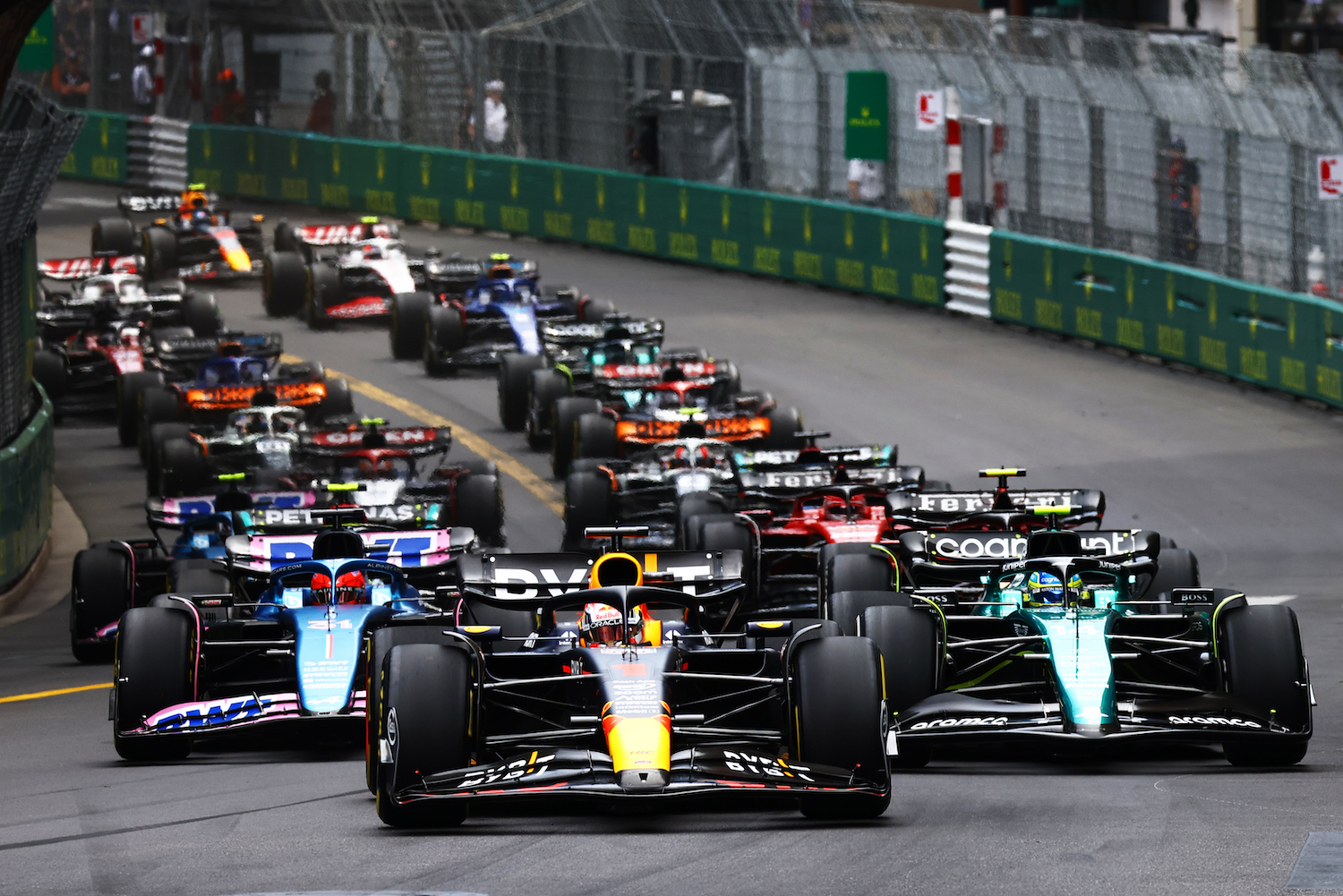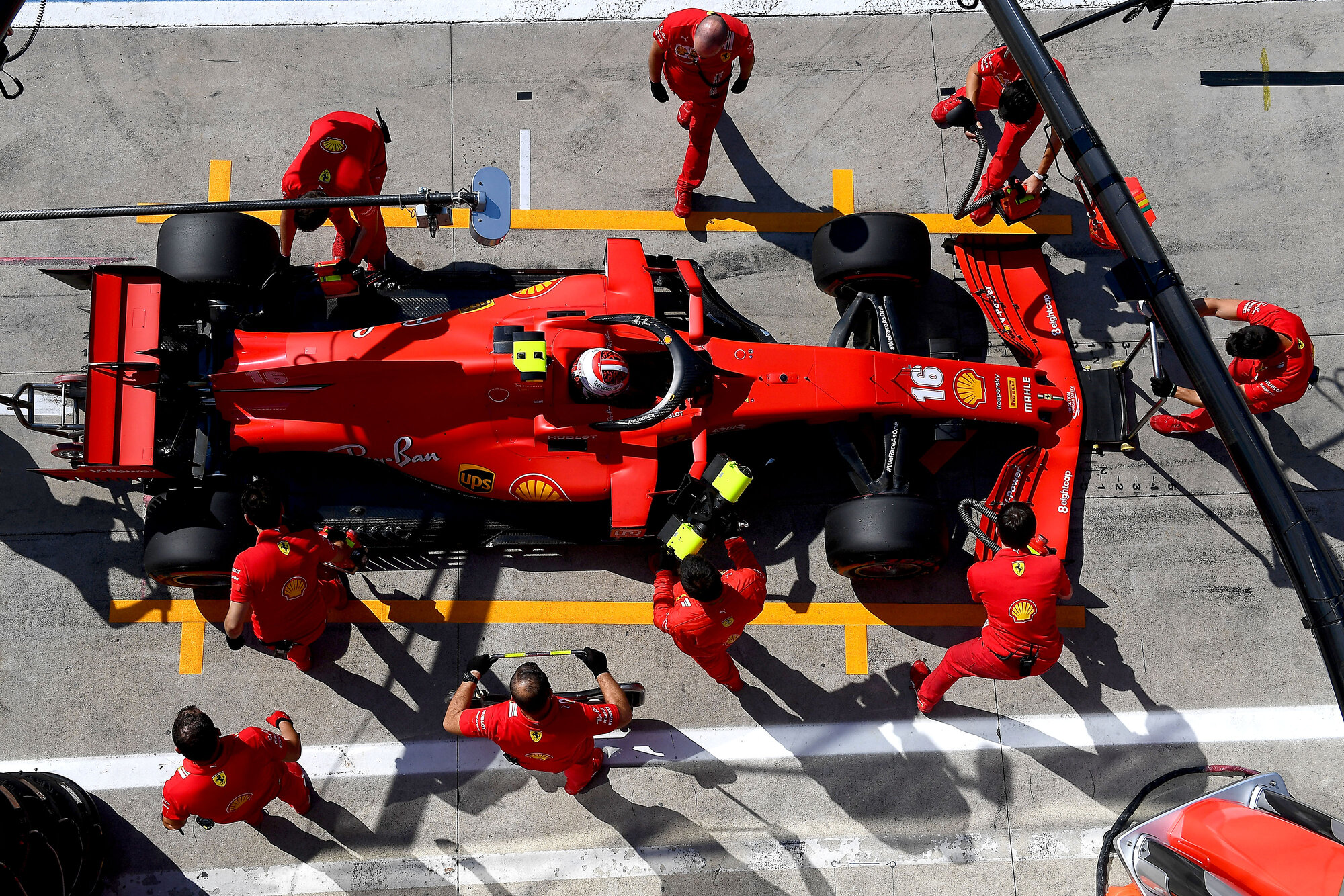Formula 1 has long been known as the pinnacle of motorsport, with cutting-edge technology, talented drivers, and fast-paced racing capturing the hearts of millions of fans around the world. However, in recent years there have been calls for changes to be made in order to bring more excitement and competitiveness to the sport.
One of the main areas of contention in Formula 1 is the dominance of certain teams, with Mercedes in particular being accused of having an unfair advantage due to their superior resources and technology. This has led to calls for a fairer distribution of revenue among teams, as well as restrictions on spending and development in order to level the playing field.
Another area that has been the subject of much debate is the design of the cars themselves. Some feel that the current regulations have led to cars that are too similar in performance, resulting in processional races with little overtaking. There have been proposals to simplify the aerodynamics of the cars in order to make them easier to follow and overtake, as well as measures to increase mechanical grip and reduce reliance on aerodynamic downforce.
Safety is also a major concern in Formula 1, with the tragic deaths of drivers like Ayrton Senna and Jules Bianchi serving as stark reminders of the dangers of the sport. While significant strides have been made in improving safety over the years, there are still calls for further improvements to be made, such as the introduction of closed cockpits or better protection for drivers in the event of a crash.
In response to these concerns, the governing body of Formula 1, the FIA, has implemented various changes in recent years in an attempt to make the sport more exciting and competitive. These include the introduction of the halo cockpit protection device, which has been met with mixed reviews from fans and drivers alike, as well as changes to the technical regulations to make the cars faster and more challenging to drive.
While these changes have been met with some resistance from traditionalists, there is a growing consensus in the sport that Formula 1 must evolve in order to stay relevant and attract new fans. The upcoming introduction of a cost cap in 2021 is seen as a positive step towards achieving more parity among teams, while ongoing discussions about sustainability and environmental impact are also shaping the future direction of the sport.
Overall, the attempts to change Formula 1 are driven by a desire to make the sport more exciting, competitive, and safe for all involved. While not everyone may agree on the best way to achieve these goals, it is clear that the sport must continue to adapt and innovate in order to maintain its status as the pinnacle of motorsport.


